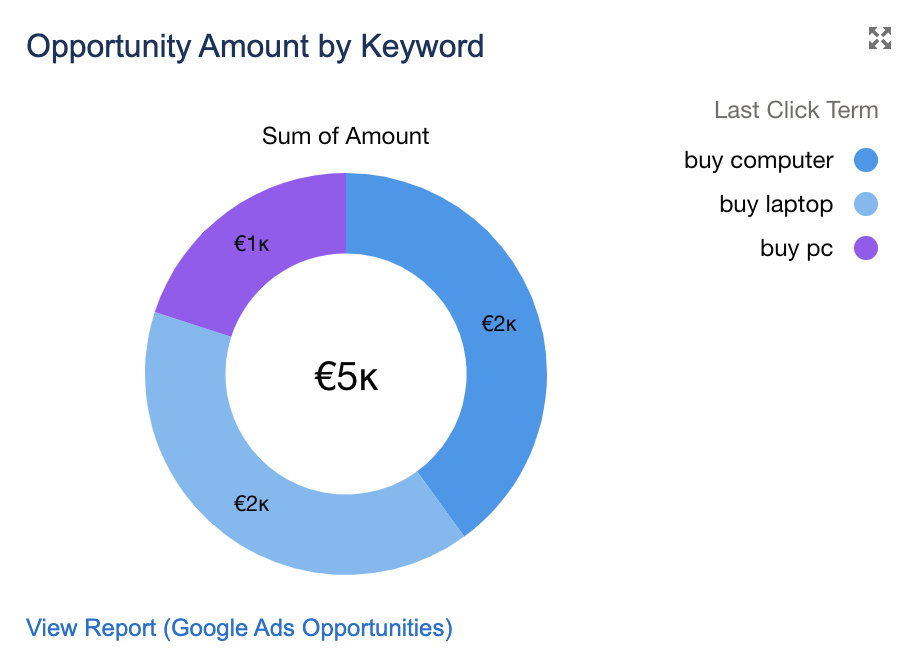When people search on Google, they can be at different stages of the buying cycle:

High-intent keywords (or buyer intent keywords) are the keywords that people use when they are ready to purchase.
High-Intent Keywords: An Example
Imagine you’re selling CRM software, and you’re choosing keywords to target.

You could target low-intent keywords like “sales strategies”. Sure, people who are interested in sales strategies, likely need a CRM. But not necessarily, and most importantly, not necessarily right now.
But if you target a high-intent keyword like “best crm for small business”, you’re much more likely to reach people who actually want to buy, and want to do it now.
How to Generate High-Intent Keywords
The key to finding high-intent keywords is thinking about what questions people ask when they’re actually ready to buy.
Here are some examples:
1. Competitor-related keywords.
- Searches related to alternatives. Example: “salesforce alternatives”.
- Competitor comparisons. Example: “salesforce vs pipedrive”. If someone is comparing different CRMs (not even yours necessarily), they’re probably shopping for a CRM solution right now.
2. Product category searches. Examples: “best crm”, “crm for small business”.
3. Problem-related searches. Example: “lead follow-up”. In this case, following up with leads is the problem that most CRMs are trying to solve. Therefore a person who’s asking this right now, can be open to being sold on a new CRM.
Identify Keywords that Already Brought You Buyers (Using Data)
The methods above can provide you with ideas for buyer intent keywords.
However, the surest way to identify buyer keywords is to look at what keywords already brought you paying customers. If you sell directly on the website (if you’re in e-commerce for example), it’s simple. You just need to set up purchase events in google analytics.
However, it’s slightly more complicated if your website generates leads that need to be converted to purchases by a sales rep. To connect keywords to revenue, you’ll need a tool like GA Connector.
It lets you track the traffic source leads and opportunities in your CRM. So you can discover which keywords are actually buyer keywords:




